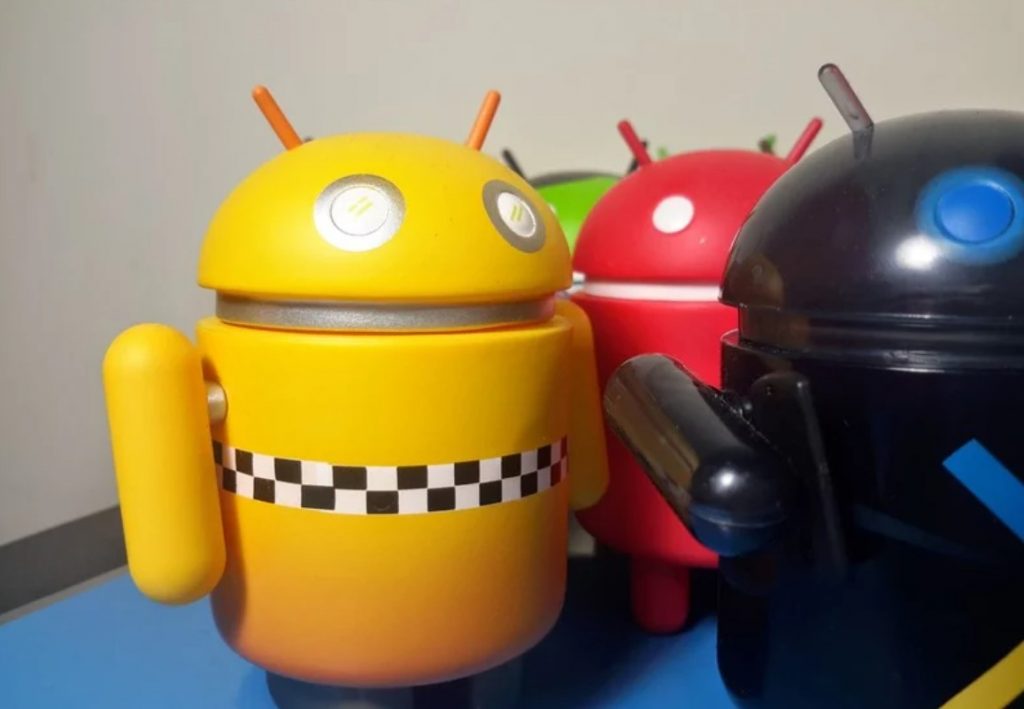
It seems like everyone hates the way Android 12 looks. OK, maybe not everyone but check out the comments on any article talking about Android 12’s look and feel and you’ll see that a heck of a lot of people dislike the changes Google has made.
That’s bad news for Google, but it really isn’t for almost every Android phone owner. That’s because what you have seen on Google phones, like the Pixel 6, isn’t how Android 12 has to look. Or will look, because the software on a Pixel phone is just as custom as the software on a Galaxy phone.
This is generally a good thing. Google and its partners create Android 12, but most of it isn’t what you can see. There are a few rules in place that other companies need to follow if they want to include Google software like Gmail or the Play Store and some general rules about specific items as well as guidelines on how Google wants it to look, but for the most part, Google allows phone makers to do their own thing.
This is how it should be and what separates the various Android phone makers. If you would rather every company build Android exactly as written then you’re out of luck because no phone maker does that. You’ll need to install custom firmware yourself if you want what everyone calls “stock” Android. But even that doesn’t exist and third-party development teams also make decisions about how Android will look and feel.
With that in mind, you have to remember that the development team at Google that works on the Pixel phone line are also phone makers who heavily customize Android. Confused yet? I don’t really blame you if you are because this is complicated even though it shouldn’t be.
The code that powers Android 12 is free to use and open-source. Google calls it the AOSP, which is short for the Android Open Source Project. But the AOSP isn’t everything needed to power any device and the user interface — the things you see that you tap on or swipe — is very basic.
Phone makers need to take that free code and add a lot to it just to get a device to power up. Once that’s done developers can get to work making it better looking and more functional. Have a look at what Samsung has done with Android. Samsung’s One UI (the company’s name for its phone software) is functional yet feature-rich and the company has done a lot of work to make it look great. Android 12, or One UI 4, is no different.
The thing is, it doesn’t really look like the Android 12 you might have seen in any reviews. That’s because those reviews were written when only the Pixel phones were running Android 12, so a lot of what was shown was actually Pixel-specific. Google isn’t helping when it interchanges Pixel features with Android 12 features in the same blog post, and even we are guilty of not separating things enough. It’s tough because we don’t know exactly what Google forces phone makers to do until one of them does it, so we can’t be 100% sure how any specific thing will look.
This isn’t just a Samsung thing either and all of the best Android phones run customized versions of Android. Samsung has a lot of pull with Google because the company, for all intents and purposes, is Android when it comes to market share. That’s slowly changing but right now, Samsung is king/ But even the king has to follow the rules. Whatever company made the phone you’re using or the one you’re thinking of buying will be the decider when it comes to how Android 12 looks.
It’s a bit confusing to the consumer because most commercial operating systems, like Windows or iOS, are the same on every device no matter who made it. Settings are the same and in the same place, the things you love are on every other device running the software as are the things you hate. Android is just different.
The best part of it all is that if you like the software from a specific company now, it will likely be very similar once it’s updated to Android 12. The second-best part is that none of us really has to worry about all this and we can buy the phone the looks and feels the way we want it to look and feel.